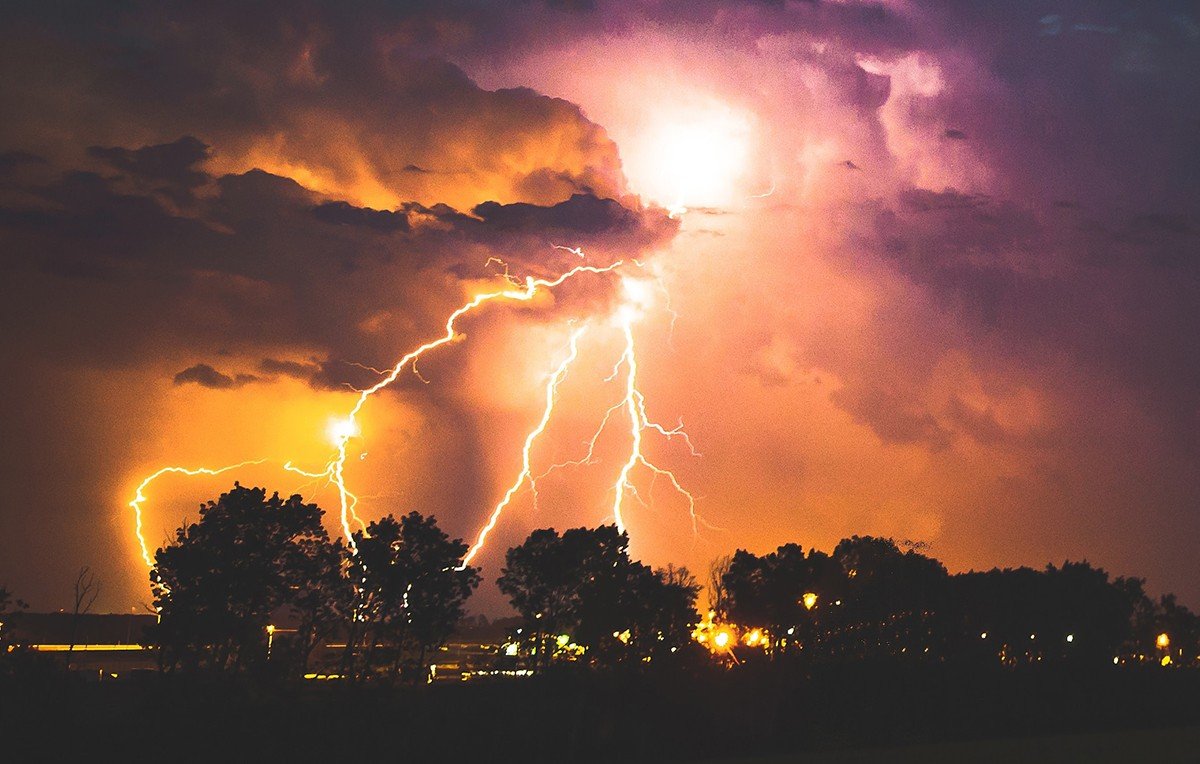1 Kings 8 Commentary
by Brad Boyles
We really cannot understand the massive celebration that took place here until we look deep into the context. It seems that Solomon delayed the dedication of the temple (11 months) to take place at the same time as the Feast of Tabernacles (held in the 7th month). It’s traditionally the final feast observed in the fall.
So all the men of Israel were assembled in the presence of King Solomon in the seventh month, the month of Ethanim, at the festival.
1 Kings 8:2 HCSB
Ethanim would place the event sometime between our September and October. The purpose of this festival was to participate in a joyous celebration to remember and honor God’s continued provision to them in the current harvest. It was also to remember His provision and protection during the 40 years in the wilderness. Thousands of people would pour in, building temporary shelter as was the custom during the feast. God’s instructions for this massive celebration go back to Leviticus 23.
You are to celebrate it as a festival to the LORD seven days each year. This is a permanent statute for you throughout your generations; you must celebrate it in the seventh month. 42 You are to live in booths for seven days. All the native-born of Israel must live in booths, 43 so that your generations may know that I made the Israelites live in booths when I brought them out of the land of Egypt; I am Yahweh your God.”
Leviticus 23:41-43 HCSB
On top of the dedication of the temple and the Feast of Tabernacles, it was a Jubilee year! The Year of the Jubilee was the sabbatical year after seven cycles of seven years (49 years total). So, the 50th year was to be a time of celebration and rejoicing for the Israelites. Jubilee literally means “ram’s horn”, so the horn was blown on the tenth day of the seventh month to start the 50th year of universal redemption.
During this time, all prisoners and captives and slaves were to be released. All debts were to be forgiven and all property would be returned to the original owners. Anyone who was in a labor contract would be released from it and all labor would completely cease for the entire year. In other words, everyone in the land would be freed to rest.
So as you can see, the Temple’s dedication, the Feast, and the Jubilee all coincided at this one point in history and there’s no doubt the celebration was epic. To top it off, we read that Solomon sacrificed 120,000 sheep and 22,000 bulls in peace offerings to the Lord.




